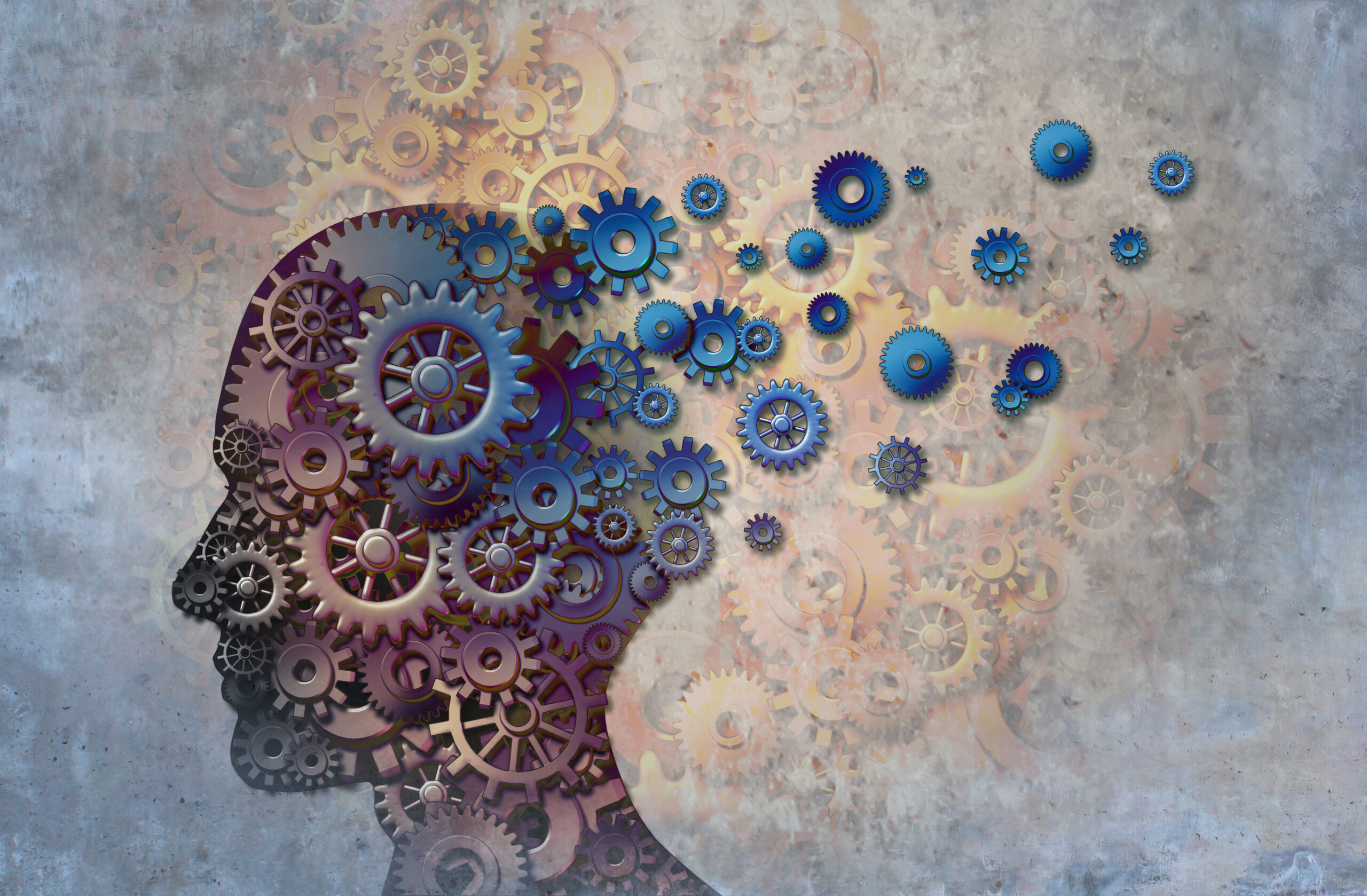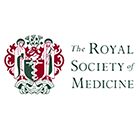Questions & answers about dementia
What is the difference between normal forgetfulness with ageing and memory problems in an older person that suggest an underlying medical disorder such as dementia ?
For most people, occasional lapses in memory are a normal part of the ageing process, and not a warning sign of serious mental deterioration or the onset of dementia.For example things like :
- Occasionally forgetting where you left things you use regularly, such as glasses or keys.
- Forgetting names of acquaintances or blocking one memory with a similar one, such as calling a grandson by your son’s name.
- Occasionally forgetting an appointment or walking into a room and forgetting why you entered.
The key question to answer is whether the memory loss affects the person’s ability to function and do the things they need to do as part of their everyday life.
What is dementia ?
The term ‘dementia’ describes a set of symptoms that may include memory loss and difficulties with thinking, problem-solving or language that they have become severe enough to affect a person’s normal day to day activities.
Dementia is caused by different diseases affecting the brain of which Alzheimer’s disease which is the most common cause of dementia, but not the only one and other types of dementia include Vascular Dementia and Dementia with Lewy Bodies.
What are the most commons symptoms of dementia?
A person with dementia will have what we term ‘cognitive symptoms’ which are to do with memory and thinking and some of the common symptoms are as follows :
- Memory loss especially short term memory – for example difficulty remembering recent events,names, appointments and asking the same questions repeatedly.
- Problems with planning or organising – for example difficulty performing familiar tasks.People with dementia often find it hard to complete everyday tasks that are so familiar we usually do not think about how to do them. A person with dementia may not know in what order to put clothes on or the steps for preparing a meal.
- Problems with language – for example finding the right word for something.
- Visuospatial skills – for example problems judging distances and seeing objects in three dimensions,
- Problems with orientation – for example, losing track of the day or date, or becoming confused about where they are.
- Poor or decreased judgement-for example people with dementia may dress inappropriately, wearing several layers of clothes on a warm day or very few on a cold day.
- Problems with keeping track of things for example a person with dementia may find it difficult to follow a conversation or television programme.
- Misplacing things-Anyone can temporarily misplace his or her wallet or keys. A person with dementia may put things in unusual places such as an iron in the fridge or a wristwatch in the sugar bowl.
- Changes in mood or behaviour- A person with dementia will also often have changes in their mood. For example, they may become frustrated or irritable, apathetic or withdrawn, anxious, easily upset or unusually sad.
- Changes in personality-A person with dementia may seem different from his or her usual self for example they may become suspicious, irritable, depressed, apathetic or anxious and agitated especially in situations where memory problems are causing difficulties.
With some types of dementia, the person may see things that are not really there (visual hallucinations) or strongly believe things that are not true (delusions).
The different types of dementia tends to affect people differently, especially in the early stages.
When should you seek medical help for memory loss and are their any benefits in early diagnosis ?
It’s time to consult a specialist when memory lapses become frequent enough or sufficiently noticeable to concern you or a family member and early diagnosis is beneficial for the following reasons :
- Identify and treat potentially reversible causes of memory loss e.g depression,thyroid problems or certain vitamin deficiencies.
- Provides the affected person and their family with an explanation for their symptoms which helps them to come to terms with things and enables them to be better equipped to cope with the disease progression.
- Allows the person with dementia to prepare for the future and plan ahead e.g make decisions about their financial and legal affairs while they still have the capacity to do so.
- Gives people with dementia a better chance to benefit from the available drug and non-drug therapies that may improve their cognition and enhance their quality of life and identifying the type of dementia (e.g Alzheimers or vascular dementia ) is particularly important in this regard.









